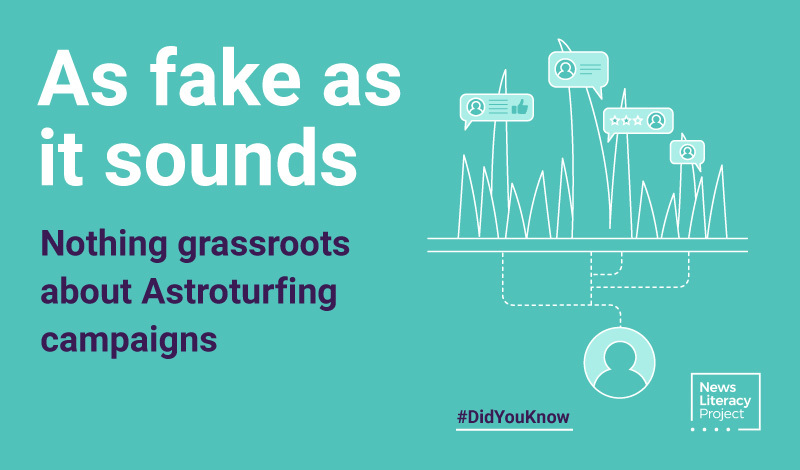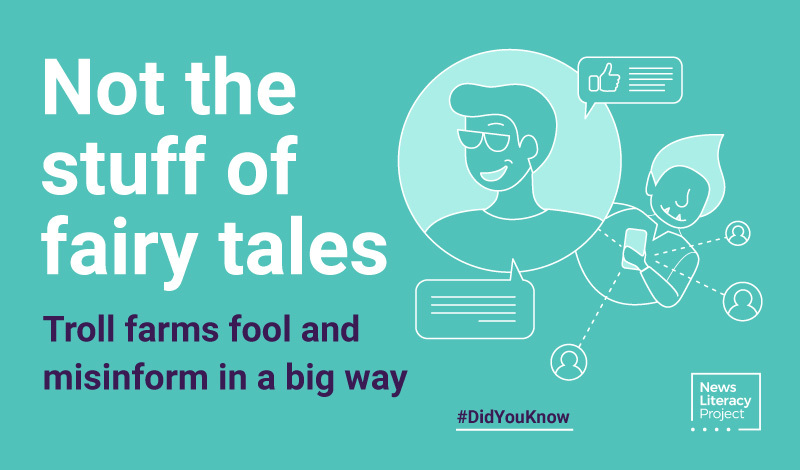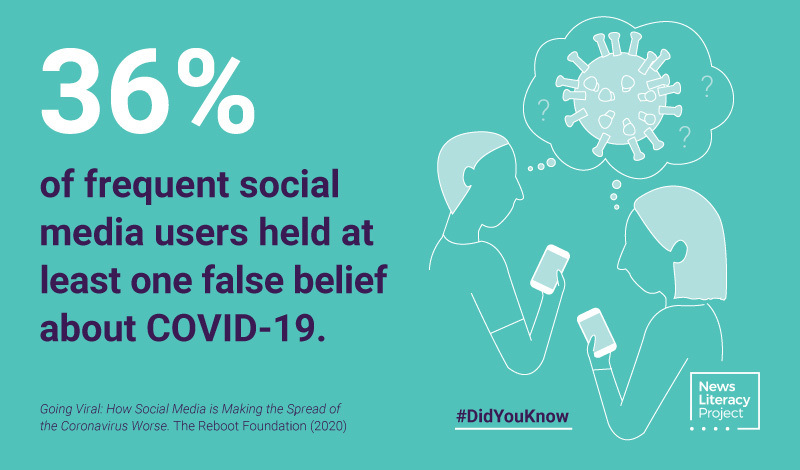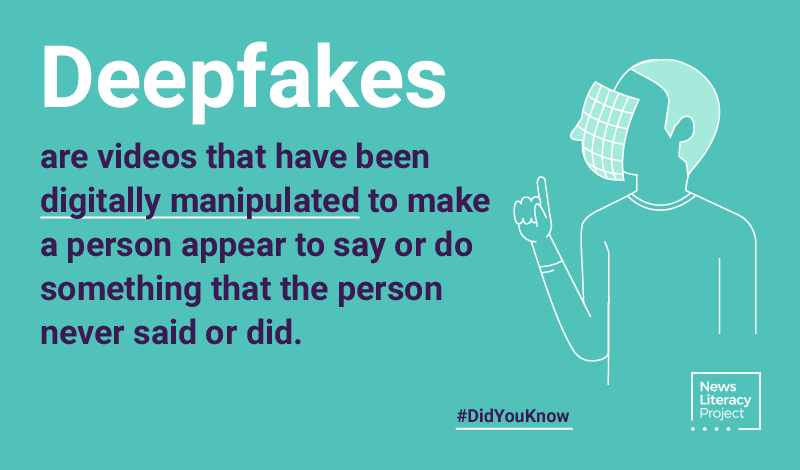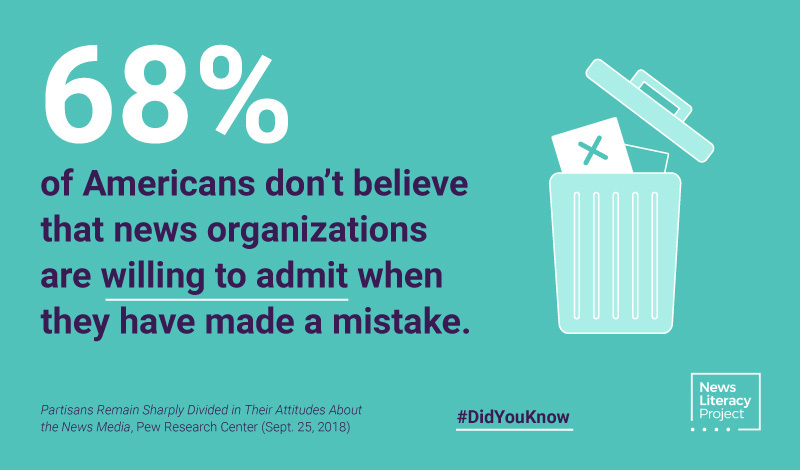
Did You Know?
YouGov measures the difference in perceptions of bias by age, medium
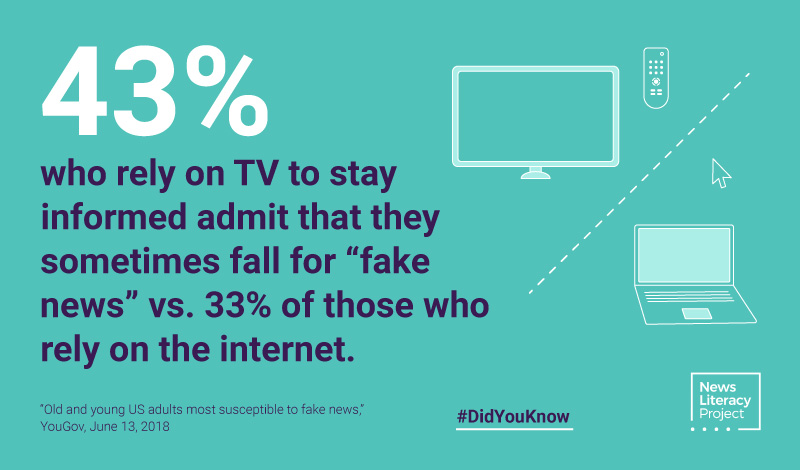
Adults who rely more on the internet than on television to get their news skew younger, and those who get news primarily from TV are older — findings from a YouGov.com poll in June 2018 that, frankly, aren’t very surprising.
However, a related finding raised a more head-scratching point: 43% of adults who rely on TV to stay informed admit that they sometimes fall for “fake news” versus 33% of those who rely on the internet.
In its 2018 questionnaire, YouGov — a London-based global market research company with clients in both politics and sales — sought to understand the “divide between people who prefer the television to keep up to date with the news and people who rely on the internet,” as well as differences in perceptions of news by age.
Consider the statement “News organizations tend to provide only one side of the story depending on who owns them or funds them.” Agree, or disagree? It seems that 74% of internet users believe that, versus 66% of TV watchers. Some 70% of the general public holds that belief.
That addresses the perception of bias by medium; what about perception of bias by age?
Given the same sentiment — “News organizations tend to provide only one side of the story depending on who owns them or funds them” — older and younger believed that to be true in the same proportion: 71% of those ages 65 and older, and 71% of those 18 to 34, thought news reporting was influenced by owners or funders.
A little less cynical were those ages 35 to 49 (67% agreed), and those 50 to 64 (69% agreed).
YouGov did not attempt to interpret the findings. It creates nationally representative online samples from its 2 million online participants in the United States (and global samples from its more than 6 million participants worldwide) and conducts surveys on a variety of topics. As its co-founder and CEO said in an interview in 2018, details like those his company provide “matter a lot both for political decision-making and for making commercial campaign decisions.”
